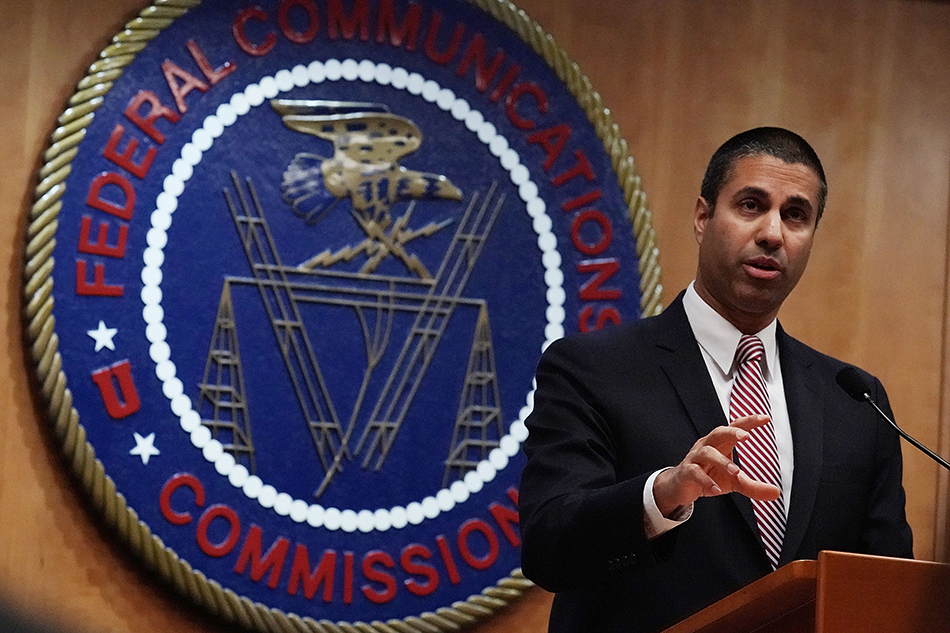FCC as Edge Regulator
Action on NTIA petition would bring ‘sweeping changes,’ law firm predicts

The smarter way to stay on top of the multichannel video marketplace. Sign up below.
You are now subscribed
Your newsletter sign-up was successful
Law firm Cooley LLP has broken out the ways that the NTIA petition, if acted on by the FCC, would impose “sweeping changes.” For one, its requirement that websites disclose their moderation policies would subject edge provider content to the FCC’s authority for the first time. It could also affect review sites, gaming sites and online advertising.
Cooley broke out the wide ranging impact of the petition this way:
“Protection against liability for third-party content would be available only when an interactive computer service (such as a website or app) failed to remove information provided by a third party. Under the proposed rules, a provider that solicits content, chooses third-party content for its site or promotes third-party content to its users would lose its immunity. This could mean that there would be no immunity for advertising or for content that was recommended to users through a preference engine.
RELATED: Cover Story: Trump Tackles the Edge
“Moderation would include restricting access to or the availability of content and barring users from posting temporarily or permanently. Warnings placed on user-generated content would be treated as content generated by the internet platform, rather than moderation, and would not be within the protections of Section 230.
“Internet platforms could be immune from liability for moderation decisions only for content that is sexual, excessively violent, harassing or ‘similar in type’ to those categories of content. Moderation for any other reasons — regardless of how objectionable the content might be — would not be immune from liability.
“Internet platforms would be immune from liability for moderation decisions only if those decisions (a) follow published rules that are stated plainly and ‘with particularity;’ (b) are based on an ‘objectively reasoned belief’ that the content falls within the categories approved by the FCC; (c) are applied consistently and not deceptively or pretextually; and (d) are communicated to the affected party promptly, with an explanation of the reason for the action and an opportunity to respond.
The smarter way to stay on top of the multichannel video marketplace. Sign up below.
“Internet platforms that use moderation would be required to provide detailed public disclosures of their policies, subject to penalties from the FCC for failure to do so.”
Contributing editor John Eggerton has been an editor and/or writer on media regulation, legislation and policy for over four decades, including covering the FCC, FTC, Congress, the major media trade associations, and the federal courts. In addition to Multichannel News and Broadcasting + Cable, his work has appeared in Radio World, TV Technology, TV Fax, This Week in Consumer Electronics, Variety and the Encyclopedia Britannica.

